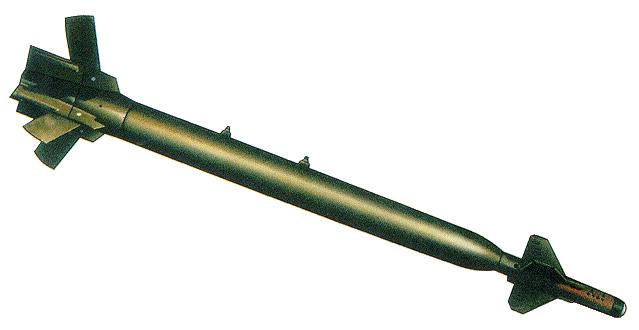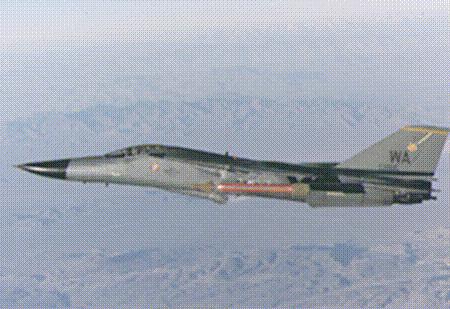




For a visual depiction of how the GBU-28 works view the grapic produced by Bob Sherman and USA Today on-line.


Specifications | |
| Mission | Offensive counter air, close air support, interdiction |
| Targets | Fixed hard |
| Class | 4,000 lb. Penetrator, Blast/Fragmentation |
| Service | Air Force |
| Contractor | Lockheed (BLU-113/B), National Forge (BLU-113A/B), |
| Program status | Production |
| First capability | 1991 |
| Weight (lbs.) | 4,414 |
| Length (in.) | 153 |
| Diameter (in.) | 14.5 |
| Explosive | 6471bs. Tritonal |
| Fuze | FMU-143 Series |
| Stabilizer | Air Foil Group (Fins) |
| Guidance method | Laser (man-in-the-loop) |
| Range | Greater than 5 nautical miles |
| Development cost | Development cost is not applicable to this munition. |
| Production cost | $18.2 million |
| Total cost | $18.2 million |
| Acquisition unit cost | $145,600 |
| Production unit cost | $145,600 |
| Quantity | 125 plus additional production |
| Platforms | F-15E, F-111F |